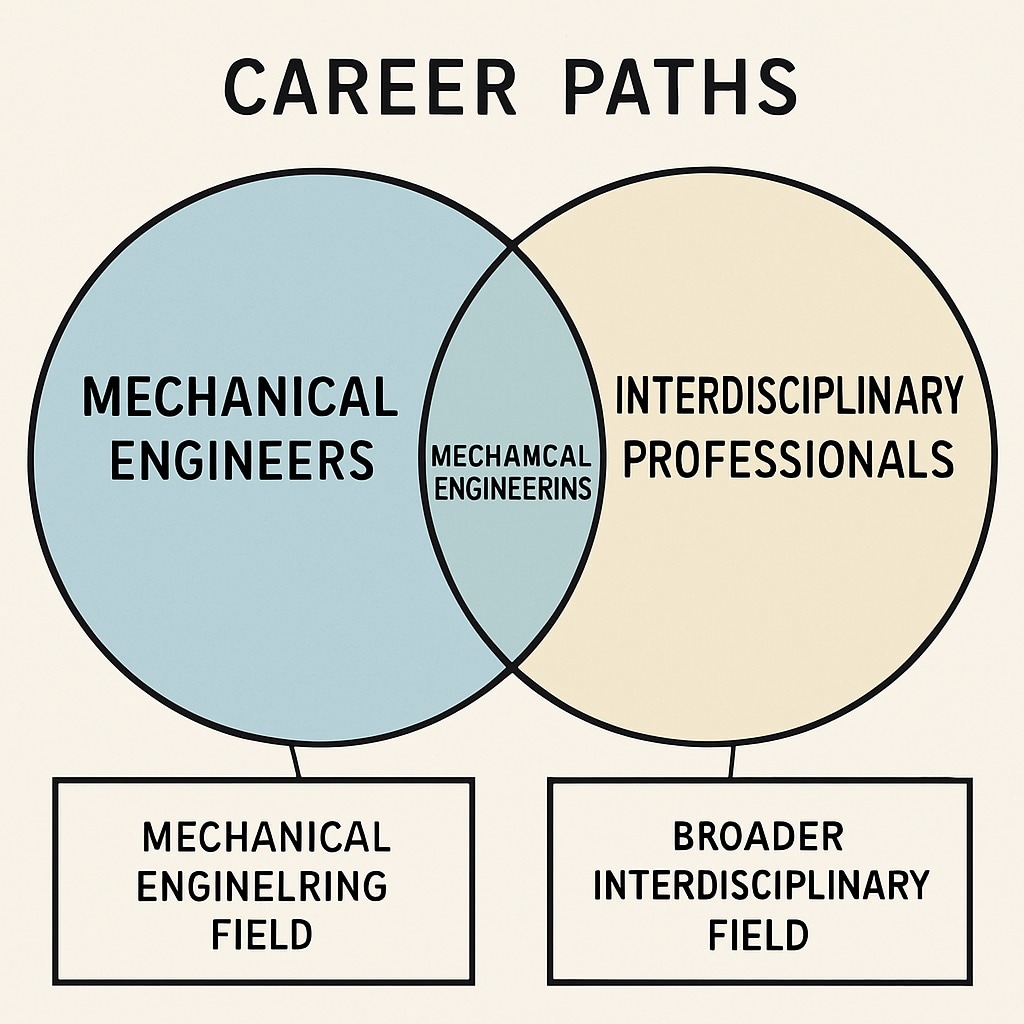In today’s fast-paced and competitive academic environment, pursuing an online second degree while studying mechanical engineering has become an increasingly popular choice among ambitious students aiming to broaden their career prospects. This dual-track educational strategy allows individuals to combine the technical expertise of mechanical engineering with complementary skills from another field, providing a unique edge in the job market. However, this path requires careful planning and commitment to balance priorities effectively, especially in terms of time management and financial investment.
Mechanical engineering offers students a robust foundation in problem-solving, technical design, and analytical thinking. Adding an online second degree can diversify their skill set, enabling them to explore interdisciplinary opportunities in fields such as business management, computer science, or data analytics. However, the decision to pursue dual degrees simultaneously comes with significant challenges and requires a clear understanding of the potential return on investment (ROI).

The Value of Dual Degrees: Career Growth and Opportunities
One of the primary reasons mechanical engineering students consider an online second degree is the potential for enhanced career opportunities. When paired strategically, a second degree can complement the technical capabilities of engineering with soft skills such as leadership, communication, or business acumen. For example, a degree in business administration can prepare students for managerial roles within engineering firms, while a qualification in computer science might open doors to roles in robotics, automation, or programming.
Additionally, industries increasingly value candidates with interdisciplinary expertise. As a result, graduates with dual degrees may find themselves better equipped to adapt to evolving industry trends and technological advancements. They can leverage their unique combination of skills to stand out among other applicants and secure positions that offer higher salaries and faster career progression.

Time Management: Balancing Two Degrees
Managing the workload of a mechanical engineering program alongside an online second degree is undoubtedly challenging. Engineering programs are known for their rigorous schedules, requiring extensive laboratory work, group projects, and problem-solving assignments. Adding an online degree into the mix necessitates exceptional organizational skills and the ability to prioritize effectively.
Here are some tips to help students succeed in balancing both pursuits:
- Create a structured schedule: Plan weekly study sessions, online classes, and deadlines to ensure both degrees receive adequate attention.
- Leverage online learning flexibility: Choose programs that allow asynchronous learning, enabling students to complete coursework at their own pace.
- Seek support: Utilize academic advisors, study groups, and online forums to stay connected and motivated.
- Set realistic goals: Avoid overcommitting by enrolling in manageable course loads each semester.
By mastering time management, students can mitigate the risks of burnout and maintain high academic performance across both degrees.
Financial Considerations and ROI
Pursuing dual degrees is not only a commitment of time but also a financial investment. While online degree programs are typically more affordable than traditional in-person options, tuition fees and additional costs such as textbooks or software licenses can add up. Students must carefully evaluate whether the potential career benefits justify the expenses.
Here’s how to assess ROI effectively:
- Research job market trends: Identify industries that demand interdisciplinary skills and evaluate expected salaries for roles requiring dual degrees.
- Consider long-term benefits: Beyond immediate financial gains, dual degrees may offer enhanced job security and opportunities for leadership positions.
- Utilize scholarships and financial aid: Explore funding options for both degrees to reduce financial strain.
- Focus on employability: Choose degrees that align with high-demand skill sets to increase post-graduation job prospects.
Ultimately, students should aim to select programs that align with their career goals while offering a strong potential for financial returns.
Early Planning for K12 Students
For K12 students considering a dual-degree path in the future, early career planning is essential. Identifying personal interests and strengths can help students select complementary fields of study. Additionally, cultivating time management skills, exploring online learning platforms, and developing a growth mindset during high school can prepare them for the challenges of higher education.
Parents and educators can support students by encouraging exploration of STEM subjects, offering resources for online learning, and fostering discussions about interdisciplinary career paths. Early exposure to these ideas can empower students to make informed decisions and confidently pursue dual degrees in college.
In conclusion, the pursuit of an online second degree alongside a mechanical engineering program is a valuable but demanding choice. By understanding career benefits, mastering time management, and evaluating financial considerations, students can maximize their educational investment and position themselves for success in today’s competitive job market.


